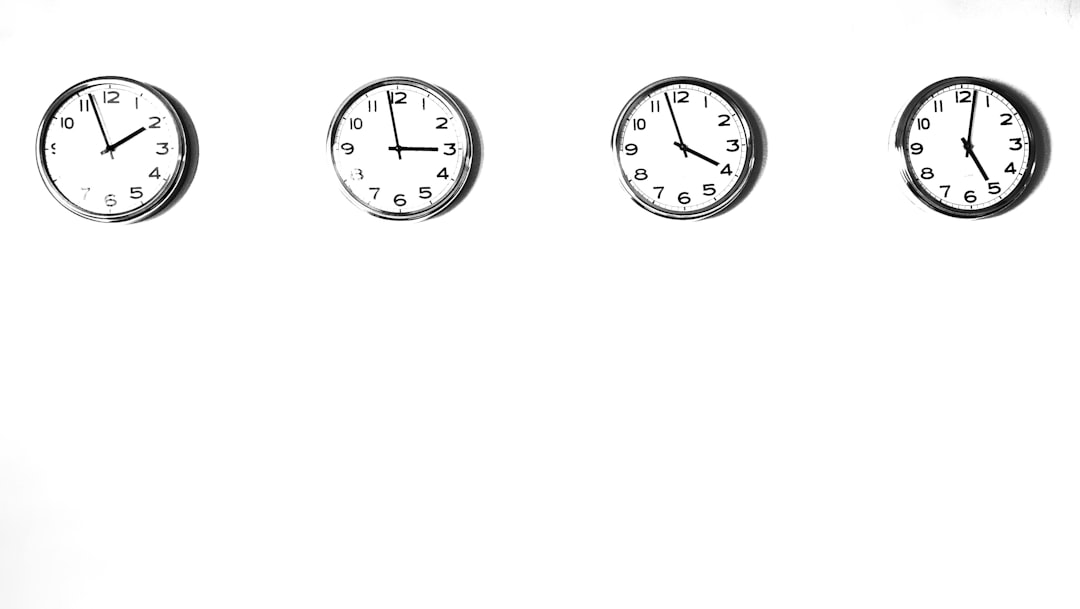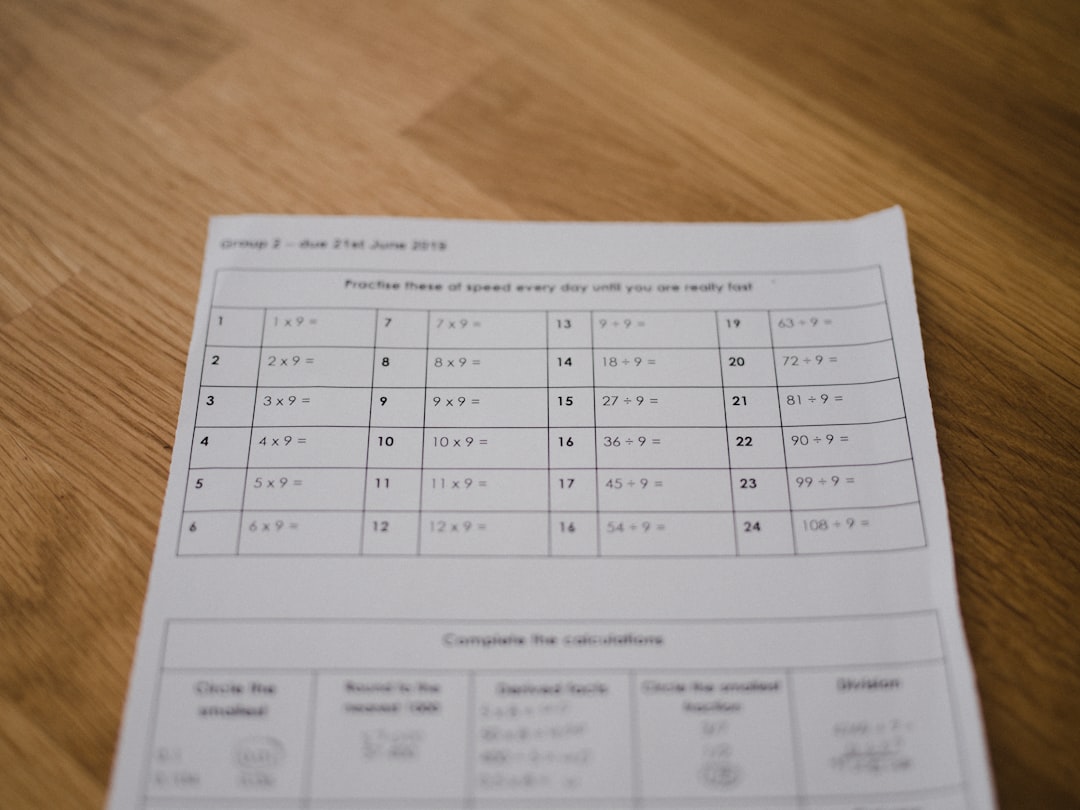Understanding the concepts of mental age and intelligence quotient (IQ) can be fascinating. Both are measures used to assess human intelligence and cognitive abilities, but they approach the assessment in different ways. This blog post dives into what mental age and IQ are, how they differ, and why they matter. We’ll also introduce a quick quiz to help you explore your own mental age and how it relates to your IQ.
What is Mental Age?
Mental age refers to the level of intelligence that an individual displays, as compared to the average intelligence level of individuals of the same chronological age. For example, if a 10-year-old child solves problems typically solved by 12-year-olds, their mental age would be considered 12.
What is IQ?
The Intelligence Quotient (IQ) is a total score derived from standardized tests designed to measure human intelligence. IQ scores are calculated by dividing an individual’s mental age by their chronological age and then multiplying the quotient by 100. Hence, if your mental age is 15 and your chronological age is 10, your IQ would be (15⁄10)*100 = 150.
Mental Age vs IQ: The Differences
While mental age and IQ are closely related, they are not the same. Here are some key differences:
- Mental age is a component of IQ testing but on its own, it does not provide a complete picture of an individual’s intelligence.
- IQ scores adjust for age, while mental age does not. This makes IQ a more stable measure over time.
- Mental age can often feel more qualitative and less precise than the numerical value assigned to IQ.
Why Do They Matter?
Understanding one’s mental age and IQ can offer insights into cognitive abilities and potential areas for development or challenge. They can inform educational strategies, career planning, and even personal growth initiatives.
Mental Age Test: Quick Quiz
Curious about your own mental age? Here’s a quick quiz to give you some insights. Remember, this is just for fun and should not be considered a diagnostic tool.
- How do you typically solve problems?
- A. Through trial and error
- B. By looking for patterns
- C. By considering various outcomes
- What types of books do you enjoy reading?
- A. Picture books
- B. Novels
- C. Non-fiction or self-help
(Continue with a few more questions…)
To find out your results, consider the option you chose most frequently. A’s might suggest a younger mental age, B’s a closely aligned mental age, and C’s an older mental age. However, for a more accurate assessment, consider taking a professional IQ test or mental age assessment.
Conclusion
Both mental age and IQ offer valuable insights into an individual’s cognitive abilities. While they measure different aspects of intelligence, understanding both can provide a more comprehensive view of one’s cognitive strengths and weaknesses. Remember, intelligence is multi-faceted, and these metrics are just part of the picture. Always consider them as tools for growth rather than fixed labels.


